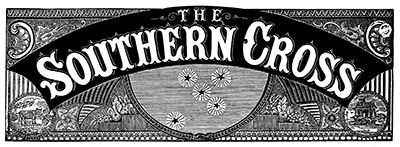The recent decision by New Zealand’s governing Labour Party to forgo the implementation of a capital gains tax has left many citizens questioning the government’s commitment to addressing wealth inequality and ensuring a fair tax system. While Finance Minister Grant Robertson stated that the party considered such a tax but opted against it, this decision represents a missed opportunity to create a more equitable society.
The potential economic impacts outlined in the Treasury document, including reduced investment and an increased risk of capital flight, should not have been the sole determining factors in this decision. A capital gains tax, when implemented effectively, can be a crucial tool in curbing speculative investment and redistributing wealth to benefit a broader segment of society.
The fact that a wealth tax was even considered raises questions about Labour’s approach to governance and its ability to fulfill election promises. By ruling out a capital gains tax prior to the election, the party garnered support from voters who believed in its commitment to address wealth inequality. However, the consideration of a wealth tax suggests a willingness to backtrack on those promises.
It is important to acknowledge that tax revenue has been consistently increasing over the years, primarily due to fiscal drag and inflation. However, this should not be an excuse to shy away from implementing progressive taxation policies that would ensure a fairer distribution of wealth. A capital gains tax would have targeted individuals with significant net assets, regardless of their income or employment status, creating a more balanced tax system.
While the decision to abandon the idea of a wealth tax may have been influenced by the limited time available for implementation, it raises concerns about the mindset of politicians who view such a tax as merely a means to raise cash. The government should prioritize long-term solutions that address wealth inequality and promote economic stability.
In conclusion, Labour’s reluctance to implement a capital gains tax is a missed opportunity to tackle wealth inequality and create a fairer tax system. A capital gains tax could have been a crucial step towards ensuring that the burden of taxation is shared more equitably among citizens. It is imperative that the government reevaluates its stance on this issue and considers alternative measures to promote economic justice and social cohesion.

